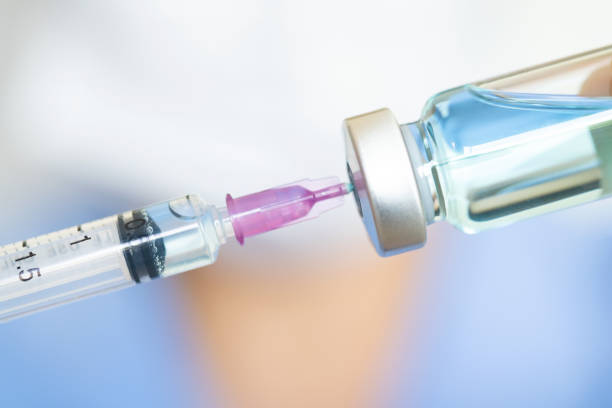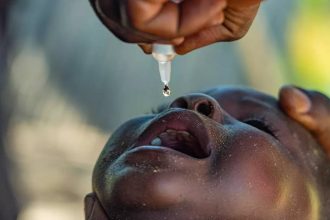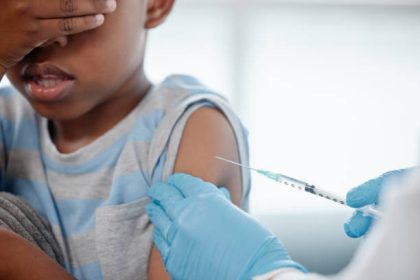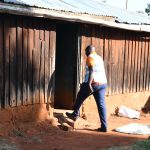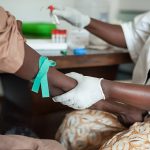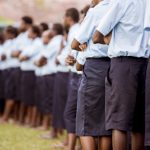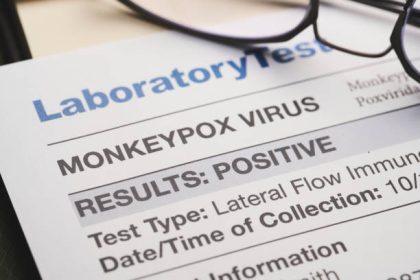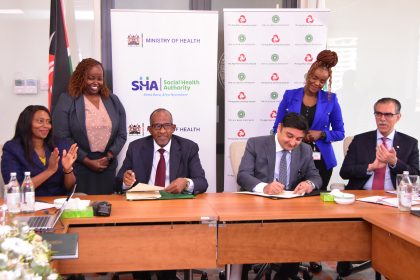The country is already grappling with 400,000 ‘zero-dose’ children—those who have never received any routine vaccinations in their lives
Kenya’s child immunization programmes will be gravely affected after the Trump administration declared plans to terminate financial support for Gavi, the global vaccine alliance that has helped immunize millions of children in low-income countries over the last 25 years.
This decision, alongside drastic cuts to malaria prevention programmes and other foreign aid initiatives, marks a significant diplomatic shift in US global health policy.
For Kenya, this move could exacerbate existing challenges in reaching zero-dose children and sustaining immunization programs, potentially leading to increased vulnerability to preventable diseases among its population.
To compound the situation, Gavi was to stop bankrolling Kenya’s vaccination by 2027 as the country is no longer classified as a ‘low-income country.’
The 281-page document sent by the United States Agency for International Development (USAID) to Congress on Monday night lists 5,341 programmes that will be terminated and 898 that will remain active.
These changes reduce USAID’s budget from $40 billion to just $8.3 billion, covering only pre-approved funds allocated for the next several years.
Immunization rates have fallen in Turkana, Mandera, and Garissa, leaving thousands vulnerable to preventable diseases
In Kenya, the situation is particularly concerning. The country is already grappling with approximately 400,000 ‘zero-dose’ children—those who have not received any routine vaccinations.
These children are primarily located in marginalized areas of Northern Kenya, informal urban settlements, and regions affected by conflict. The COVID-19 pandemic further exacerbated this issue, causing a sharp decline in immunization coverage.
In counties like Turkana, Mandera, and Garissa, immunization rates have fallen below 50%, leaving thousands vulnerable to preventable diseases.
Transitioning from Gavi support means Kenya is expected to fully finance its vaccine needs by 2027. However, the country’s immunization programme faces significant financial and programmatic risks as inadequate immunization funding affects service delivery, crippling critical components of the program.
Dr Debra Mulongo Barasa, former Health Cabinet Secretary, warned that urgent action is needed to protect the country’s healthcare achievements and navigate this critical moment.
Key terminations include:
- $2.6 billion in funding for Gavi through 2030
- Surveillance programs for zoonotic diseases such as bird flu
- Malaria prevention programs
- Funding for the United Nations Food and Agriculture Organization (FAO)
Without US funding, 75 million children will miss routine jabs over the next five years
While some grants for HIV, tuberculosis medication, and emergency food aid will continue, the widespread cuts significantly impact global health security.
Gavi estimates that without US funding, 75 million children will miss routine vaccinations over the next five years, potentially leading to 1.2 million preventable deaths.
The termination of Gavi funding alone is expected to have catastrophic effects. According to Gavi estimates, the loss of U.S. support will mean:
- 75 million children will miss routine vaccinations in the next five years
- 1.2 million preventable deaths from measles, polio, and HPV-related cancers
- Higher risks of outbreaks in unvaccinated regions, which could spread globally
The Trump administration’s plan includes terminating over 5,300 grants and contracts administered by USAID, valued at over $27 billion. Among these cuts is the elimination of $880 million in funding for Gavi, which has been instrumental in vaccinating millions of children in low-income countries.
Dismantling USAID is a catastrophe for global health, will be felt for generations
The cessation of funding to Gavi is expected to disrupt vaccination programmes worldwide, potentially leading to outbreaks of preventable diseases.
The Lancet has described the dismantling of USAID as a catastrophe for global health, with consequences that will be felt for generations.
Global health organizations have expressed dismay over the funding cuts. The World Health Organization (WHO) has highlighted the serious impacts of US disengagement, noting that the suspension of US foreign aid has abruptly halted HIV prevention services globally.
The impact of these cuts will likely be felt in the coming months as Gavi and other affected organizations scramble to secure alternative funding. European donors, facing their own financial constraints, may not be able to compensate for the US shortfall.
The question remains, will the U.S. reconsider its stance in the face of mounting international and domestic pressure? As court battles unfold and global health experts voice their concerns, the future of life-saving vaccination programmes hangs in the balance.



